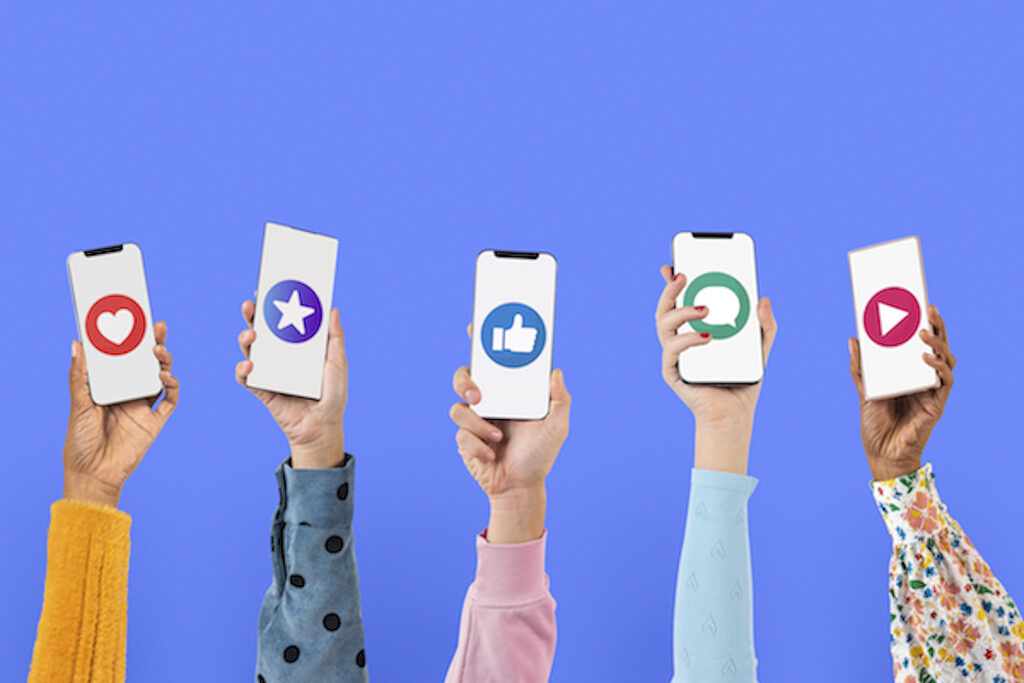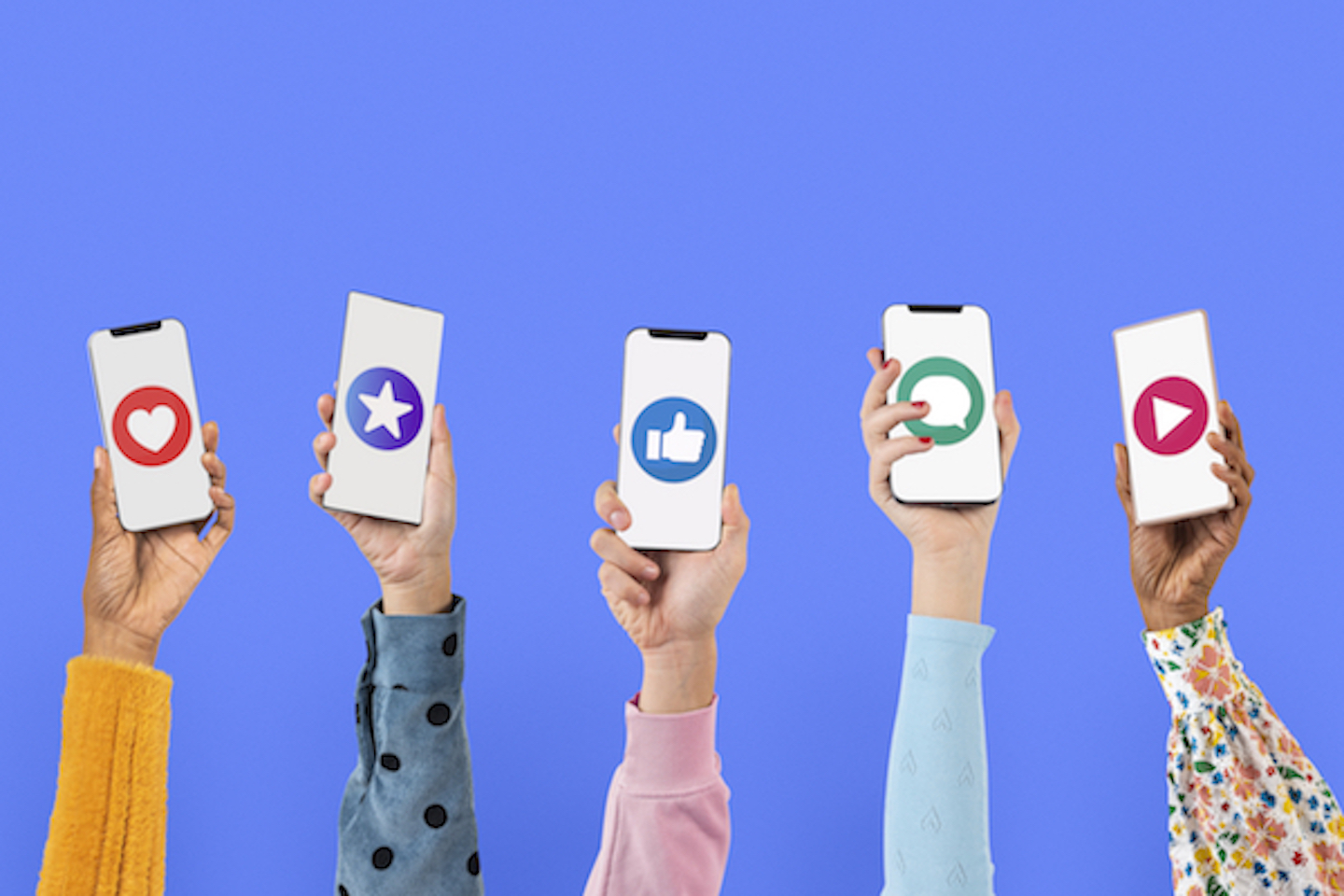
Staying ahead of the curve is a crucial part of any business social media strategy. As we step into 2024, the landscape continues to evolve, presenting new challenges and opportunities. Although to thrive in their dynamic environment, it’s essential to develop a robust social media strategy that aligns with the latest trends. Here’s how.
Embrace the rise of niche platforms
While major players like Facebook, Instagram, and LinkedIn still dominate, the year 2024 is witnessing a surge in niche platforms catering to specific interests and demographics. To effectively navigate this diverse ecosystem, incorporate these platforms into your social media strategy. Engaging with niche communities can provide targeted exposure and foster authentic connections with your audience.
Prioritize video content
Video content continues to reign supreme across all platforms. Whether it’s short-term content on TikTok, reels on Instagram, or long-form videos on YouTube, incorporating video content into your social media strategy is non-negotiable. Leverage the power of visual storytelling to captivate your audience, convey your message, and increase engagement.
Harness the potential of AI and automation
In 2024, the integration of artificial intelligence (AI) and automation tools is becoming increasingly prevalent in social media strategies. These technologies can streamline your efforts by automating routine tasks, analyzing data for insights, and even predicting trends. By embracing AI, you can enhance the efficiency of your social media strategy and stay ahead of the competition.
Foster genuine connections
Amidst the ever-expanding sea of content, authenticity is the key to standing out. Your social media strategy should focus on building genuine connections with your audience. Engage in meaningful conversations, respond to comments, and showcase the human side of your brand. Authenticity not only enhances your online presence but also fosters trust and loyalty among your followers.
How do you plan to revamp your social media strategy this year? Drop a comment below to share your journey.
Alex Wilks has been working as a copywriter and digital marketing strategist since 2018, with added specialties in social media and email marketing. With a Bachelor’s Degree in Journalism and Communication, she is a natural content writer with the ability to connect well with her target audience.


















